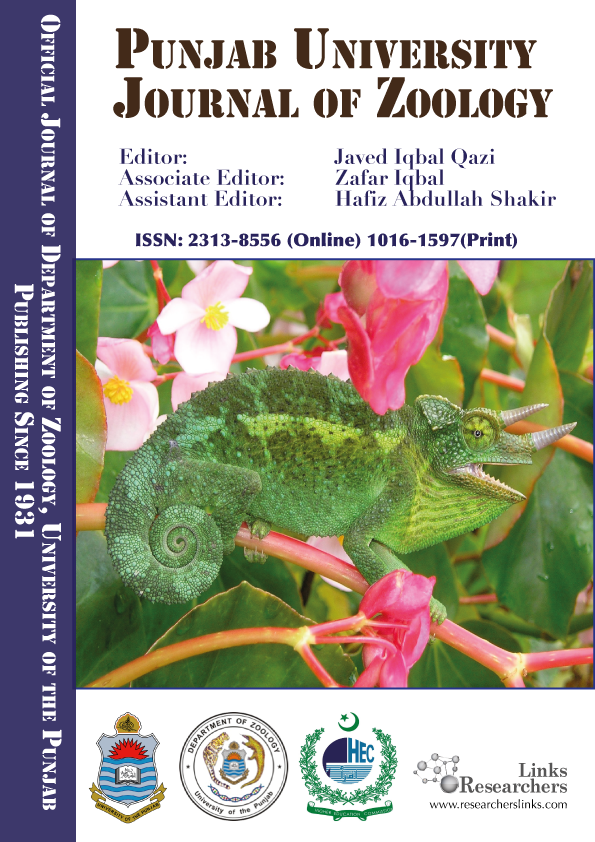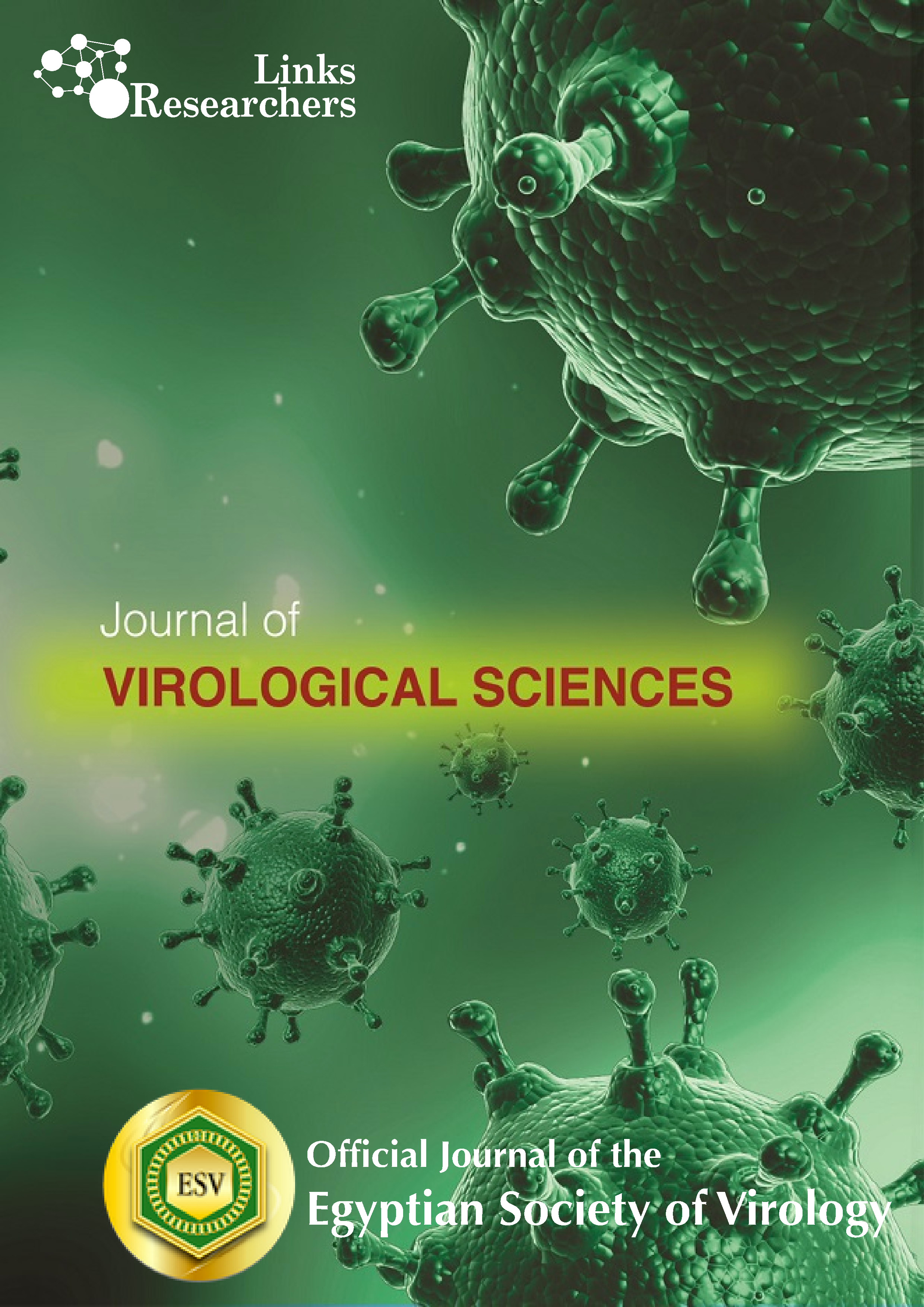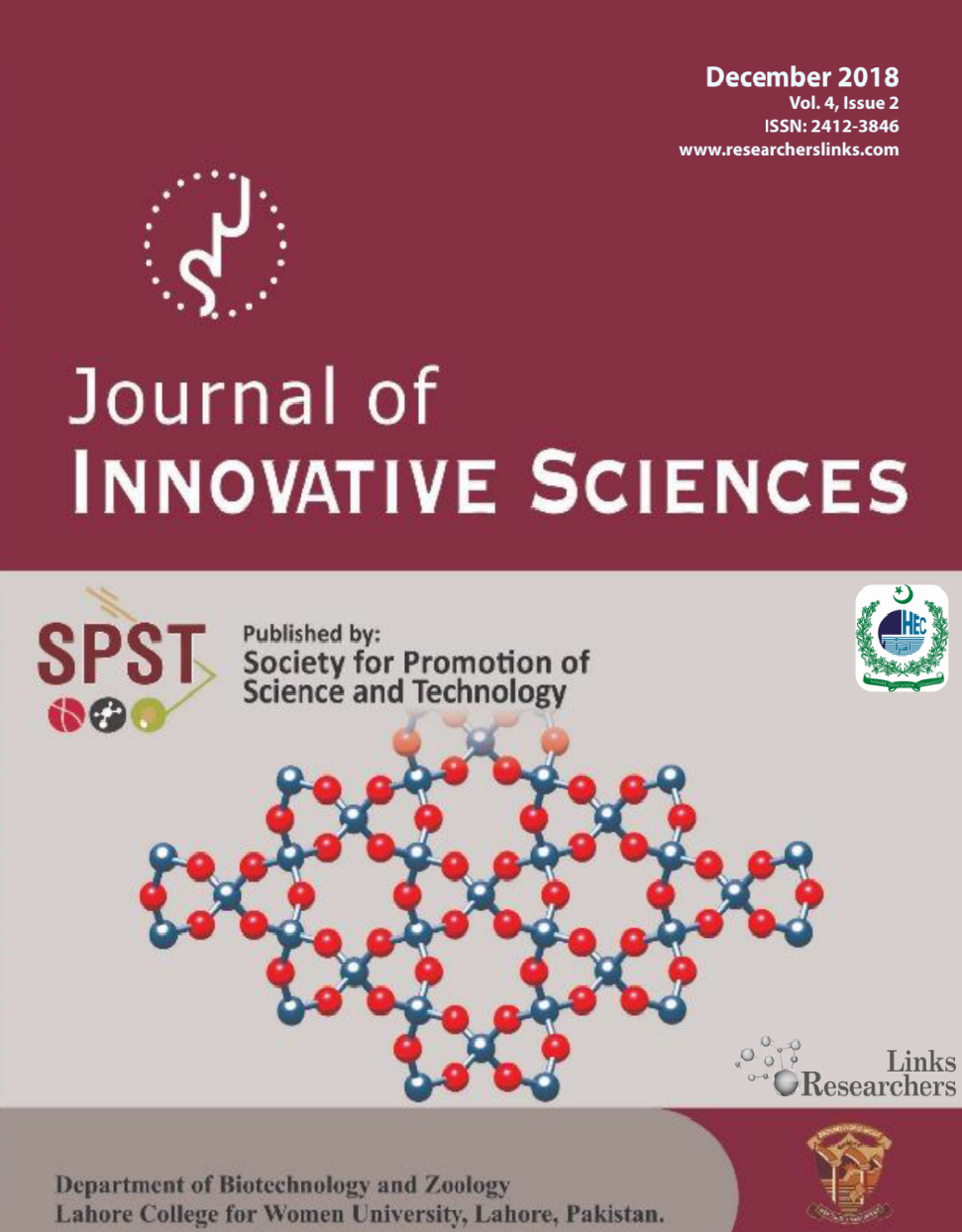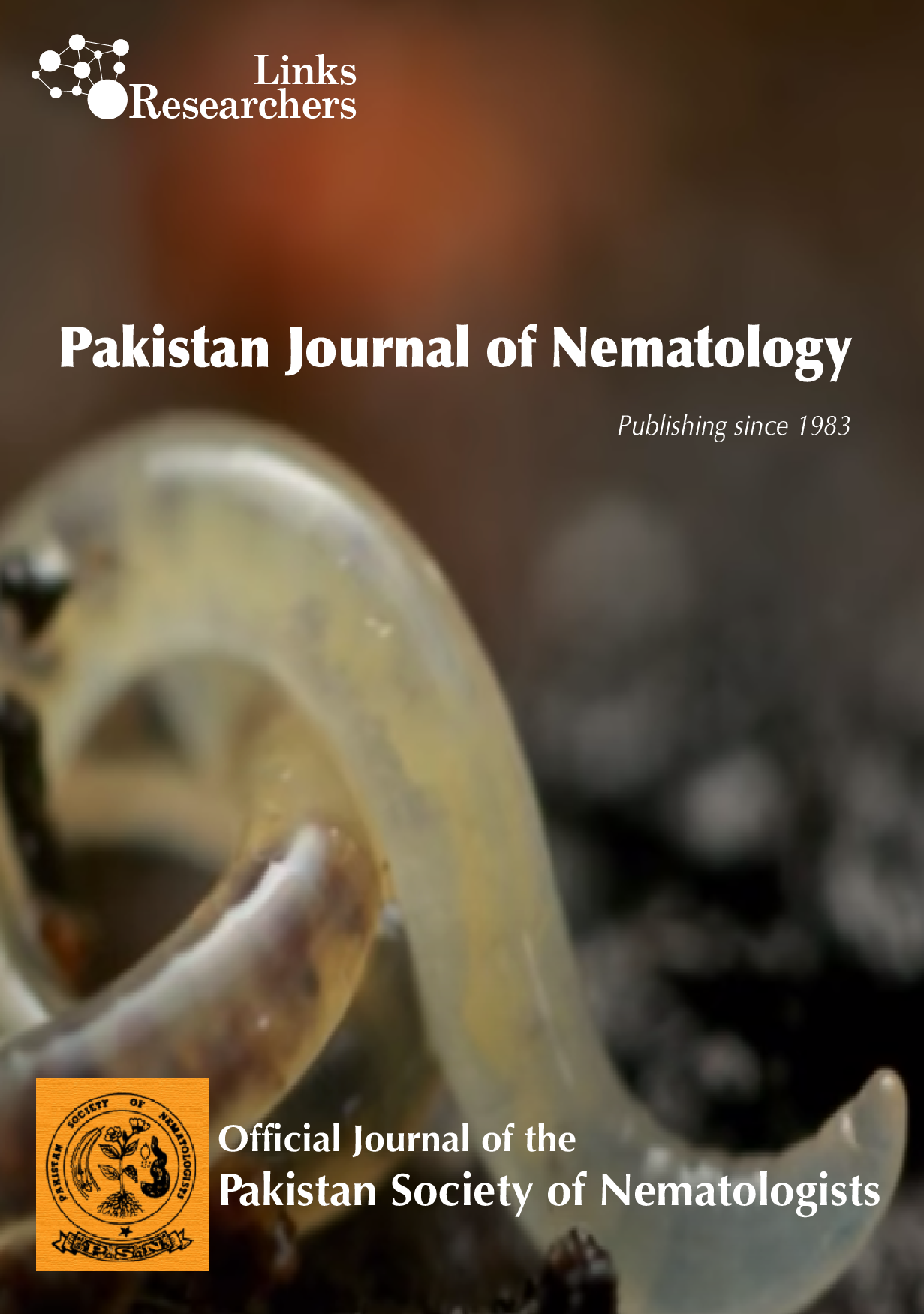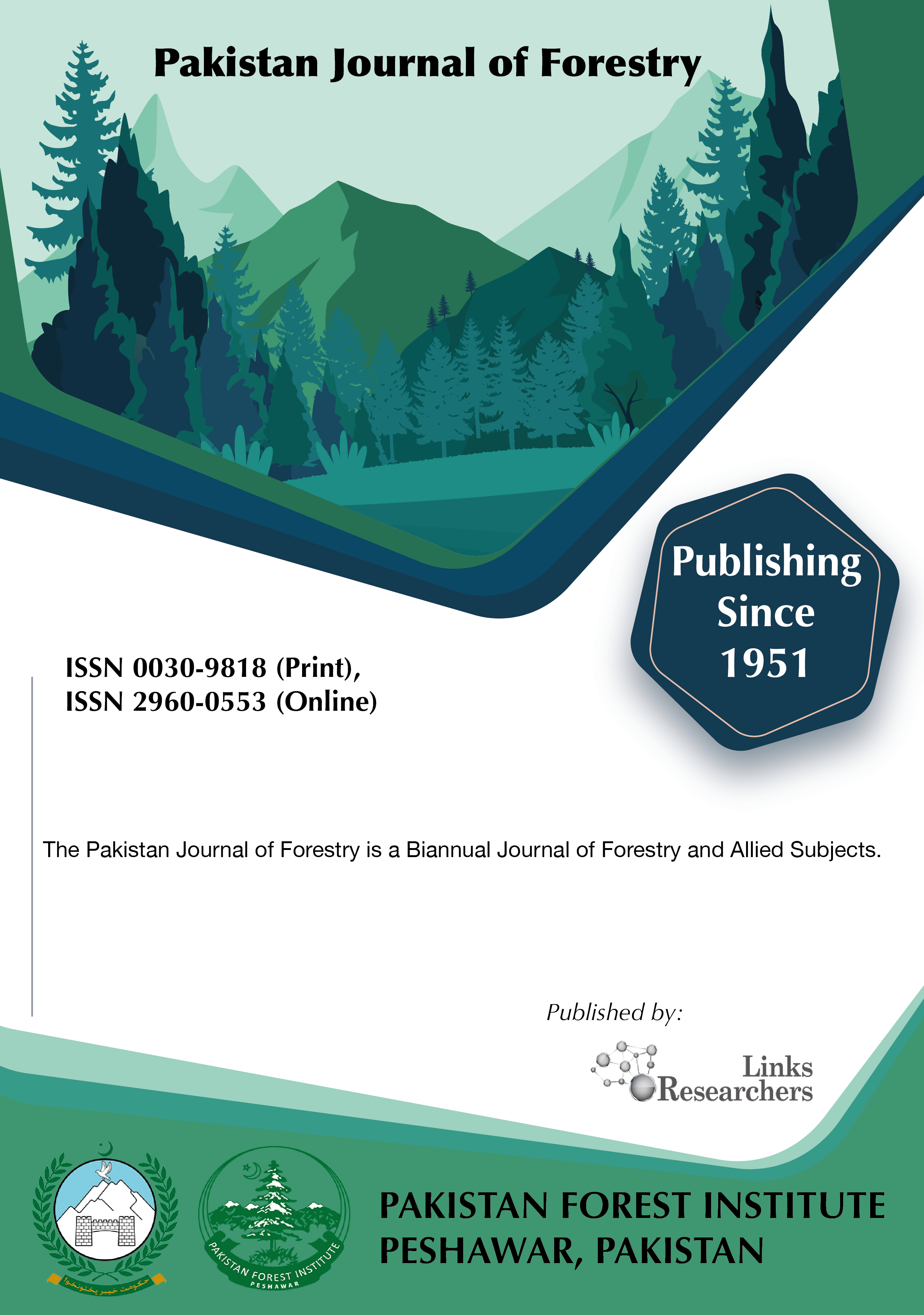John Martin Fischer
Derk Pereboom
Abid Hussain*, Khalid Mahmood Aujla* and Sonila Hassan**
Abid Hussain*, Khalid Mahmood Aujla* and Sonila Hassan**
Khalid Mahmood Aujla* and Abid Hussain*
Phong Huy Pham
Mohammad Salim1, Arshad Javid2*, Ali Hussain2, Faiz-ur-Rahman3, Hamidullah4
Saeed Ullah1, Muhammad Israr1*, Shakeel Ahmad2, Nafees Ahmad3 and Asif Yaseen4
Nadeem Abbas Shah1*, Ejaz Ashraf1, Hafiz Khurram Shurjeel2, Zaheer ud Din Mirani3, Usman Rafique1 and Raees Abbas Shah4
Asim Faraz1*, Abdul Waheed1, Ayman Balla Mustafa2, Nasir Ali Tauqir3, Riaz Hussain Mirza1, Hafiz Muhammad Ishaq1, Rana Muhammad Bilal4 and Muhammad Shahid Nabeel5
Hanaa H. A. Gomaa1; Entsar A. A. Nassar2; K. A. El-Dougdoug3
Muhammad Madni Afzal1*, Shahbaz Talib Sahi1, Amer Habib1, Waqas Ashraf2, Muhammad Ahmad Zeshan3, Muhammad Raheel2 and Qaiser Shakeel2
Irshad Ahmad1,2*
Mohamed Mohamady Ghanem1*, Yassine Mahmoud Abdelraoof1, Abdelghany Hefnawy Abdelghany2, Eman Abdelhamid El-Ebissy3, Ahmed Ragab Askar4,5, Attia Ahmed Eissa6
Santosh Kumar1*, Riffat Sultana2* and Martin Husemann3
Asim Faraz1*, Bernard Faye2, Cem Tirink3, Ayman Balla Mustafa4, Amal AlKharusi5, Morteza Bitaraf Sani6, Nasir Ali Tauqir7, Muhammad Arslan Akbar8, Muhammad Usman Saleem9, Rana Muhammad Bilal7, Abdul Waheed1, Muhammad Shahid Nabeel10
Naseem Sharif1,2*, Imran Muhammad Siqqique2, Muhammad Kashif Raza3, Urwa Irshad1, Muhammad Ikhlaq Khan4, Ammara Noreen4 , Muhammad Ahsan Qureshi1, Mohsin Abbas5, Muhammad Maaz Aziz5, Sitwat Riaz5, Komal Aslam5 and Naseem Akhtar6
Asim Faraz1, Muhammad Yaqoob2, Nasir Ali Tauqir3, Hafiz Muhammad Ishaq1, Ayman Balla Mustafa4, Amir Ismail5, Muhammad Arslan Akbar6, Abdul Waheed1* and Muhammad Shahid Nabeel7
Asim Faraz1*, Nasir Ali Tauqir2, Abdul Waheed1, Hafiz Muhammad Ishaq1, Syeda Maryam Hussain3, Riaz Hussain Mirza1, Rana Muhammad Bilal2, Muhammad Arslan Akbar4 and Muhammad Shahid Nabeel5
Yang Hu, Jingxin Ding, Beilei Xu, Xiangming Sun, Guoyu Li, Hui Song, Zheng Zong and Wenlan Li*
Asim Faraz1*, Nasir Ali Tauqir2, Hafiz Muhammad Ishaq1, Muhammad Arslan Akbar3, Muhammad Abubakar Sufyan1, Abdul Waheed1, Muhammad Usman Saleem4, Muhammad Shahid Nabeel5, Morteza Bitaraf Sani6, Amal AlKharusi7, Samira Jebahi8 and Ayman Balla Mustafa9
Ramzan Ali1, Erum Iqbal1*, Muhammad Ismail Bhatti2 and Saboohi Raza1
Ming Wang1, Nan Yang2, Xiaolin Zhang2 and Wei Liu1*
Muhammad Altaf1*, Arshad Javid2, Abdul Majid Khan3, Sadia Nazer4, Irfan5, Khalid Javed Iqbal6, Muhammad Sultan Haider7 and Sana Ashraf7
The importance of soil conservation/watershed management was first realized in the sub-continent at the start of the 19th century but the systematic work on this started in 1954 under Erosion control and soil conservation project in NWFP. United Nations Conference on Environment and Development (UNCED) held at Rio-de-Ja...
More than 60 percent area of Pakistan is arid and receives less than 250 mm rainfall per annum About 20 percent area is semi-arid where rainfall varies between 250-400 mm per annum In these zones temperature rises steeply during summer and drops sharply in winter giving rise to great variation...
It seemed to be able to do every thing except lay eggs....
Valley bottoms are at an elevation of ...
The tree species tested included Acacia albida (Sudan). Acacia
aneura (Australia), Amodesta, A. tortilis (Sudan),
A. victoriae. (Australia),
Sabkha(salty flats) or extremely arid and moving sand dunes may have no worthwhile plant life but varied and specialized type of plant life does exist in some cases in small patches and in other cases in fairly extensive areas of the Emirate. In fact in the pre-oil period natural vegetation was a major s...
Strong winds and severe sand storms are of common occurrence throughout the year. Their intensity is especially high during summer months. The sand dunes not only move but also change their shape and form in the wake of severe wind storms.
Soils in the coastal belt ('Subkha') are heavily impregnated with salts and bear practically no vegetation. Sandy soils and san...
Abdulaziz S. Alatawi*
Bilal Ahmed Qazi, Nowsherwan Zarif, Anwar Ali*, Faizan Ahmed, Asim Karim and Ali Nawaz
Halla H. Ahmed, Aurass Muhi Taha Al-Waeli and Fadia W. Al-Azawi*
Lahbib Cheikhi, Hafidha Boucherit* and Abdelkrim Benaradj
Featuring
-
Pithecellobium dulce (PD) and Cassia senna alata (CA) Incorporated Food Packaging Films with Antioxidant Properties
Beenish Khanzada, Shagufta Jabeen, Asif Ali, Amna Fatimah, Ishfa Zahid, Esha Israr, Arifa Iqbal and Ashas Waheed
Pakistan Journal of Agricultural Research, Vol.37, Iss. 3, Pages 338-344
Subscribe Today
Receive free updates on new articles, opportunities and benefits

© 2025 ResearchersLinks. All rights Reserved. ResearchersLinks is a member of CrossRef, CrossMark, iThenticate.




